
Sunita is from Bahaktapur, Thimi and she is doing farming on eight ropanis of rented land. She pays around NRs 80,000 land rent annually. She invests around Nrs 9,00,000 in farm yearly and makes a profit of 5,00,000. Sunita started farming three years ago; it has been a family inspiration for her to do the farming. She took a loan of Nrs 50,000 from WCS to get started on her business.
Sunita started by growing tomato, peas, radish, eggplant, and chilly and green leafy vegetables. Now, she employs five other farmers in her field regularly to make the field clean and to pick up the vegetables. She grows tomatoes, cauliflower, cabbage, pumpkin and chilies throughout the year and sells them in her local market.
Her income has to stretch to feed four adults and two children. Four cows are also part of the household and help Sunita with their substantial driving force and valuable manure. Now she is able to make a regular income of NRs 34,000 per month from agriculture and NRs 14,000 by selling milk.
She explained that now she has learned the techniques of farming off-seasonal vegetables in the training organized by WCS and 25 women in the village have been motivated to also grow off-seasonal vegetables. Sunita says: “The soil plays a big role in cultivating good vegetable farming.”
According to Sunita the spray needed for vegetable production will depend on range of factors such as, weather, temperature, rainfall, and quality requirements for the vegetables. Sunita uses pesticides on her vegetables if the crops require it but in a appropriate amount, and she is sure to follow the procedures properly, as there are legal requirements that you need to apply with when using chemicals. These include having the appropriate chemical user certification, adhering to withholding periods (length of time after spraying that a crop can be harvested) and strict rules on record keeping.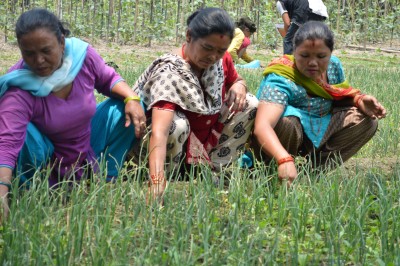
Right now the women living in Thimi visit Sunita’s farm to learn the technique of agriculture and use of pesticides and in that way she is seen as a community leader.
Sunita proudly says if anyone is interested to learn and observe farming from her farm they are most welcome, and she especially gives preference to teaching other women.
The exposure visit at Sunita’s farm was a huge success, it now allows them to show value to farming, they also learned how to plan a farm business and ensure the financial success of the operation and small farming can be enough for a family of five to live a good life.
Many thanks go to C.H.A.N.C.E for NEPAL (UK) for supporting this program.

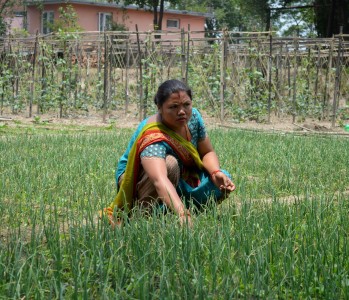
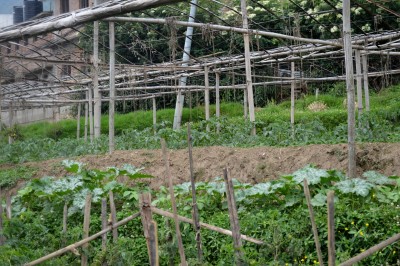
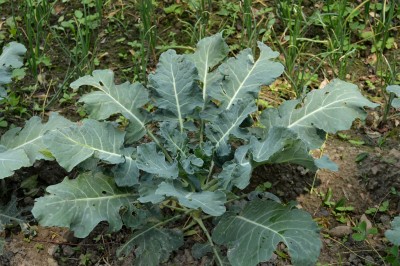
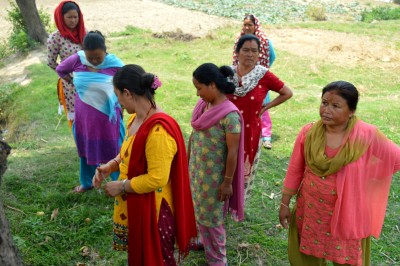
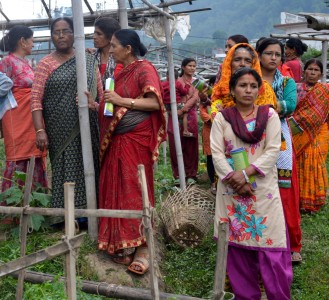











0